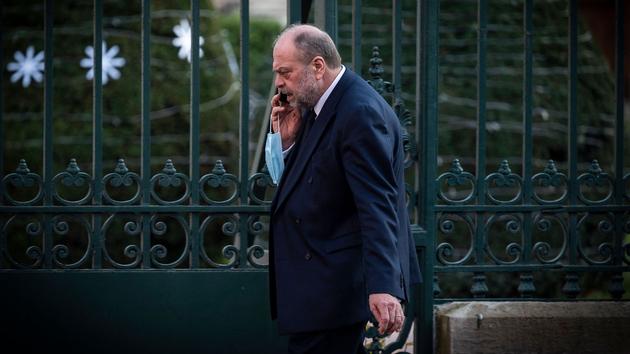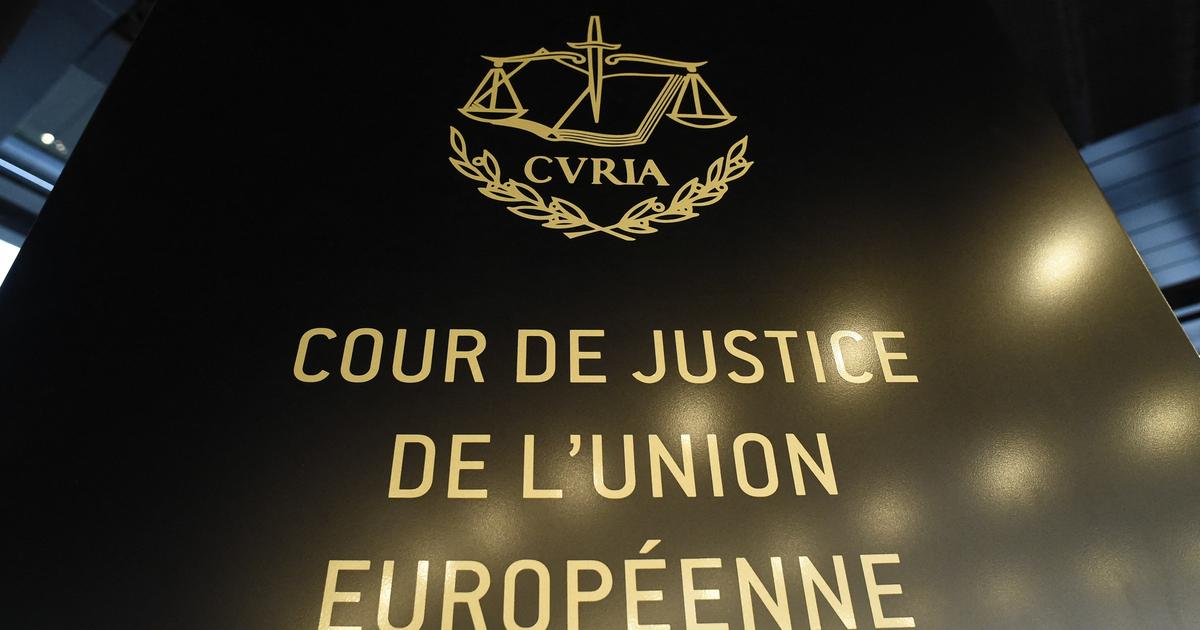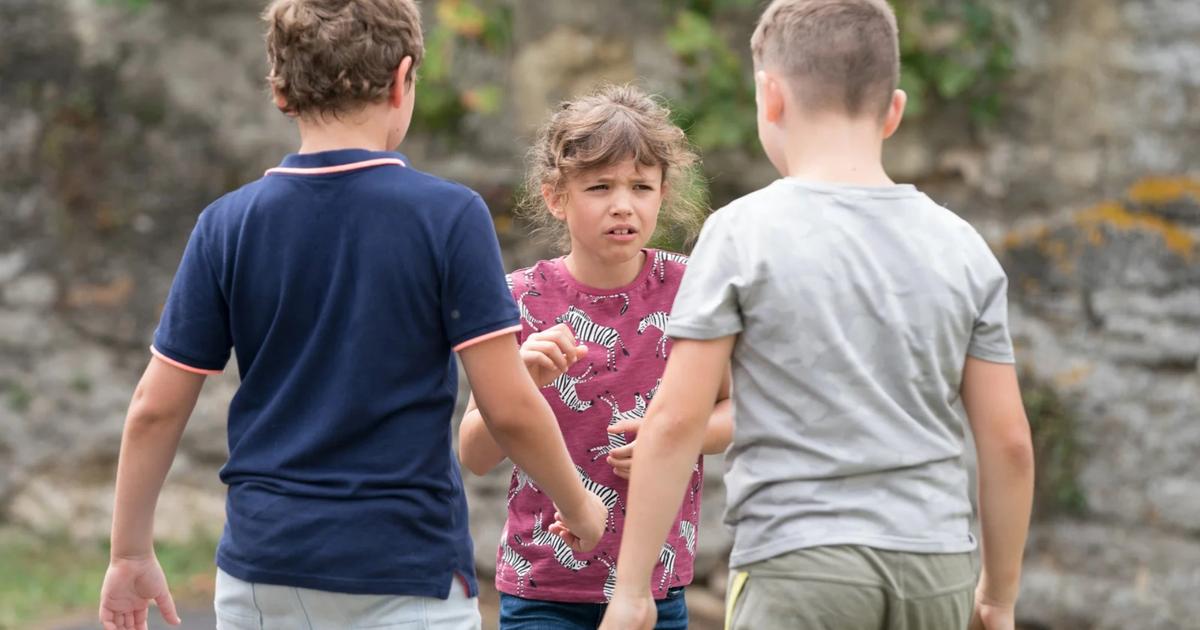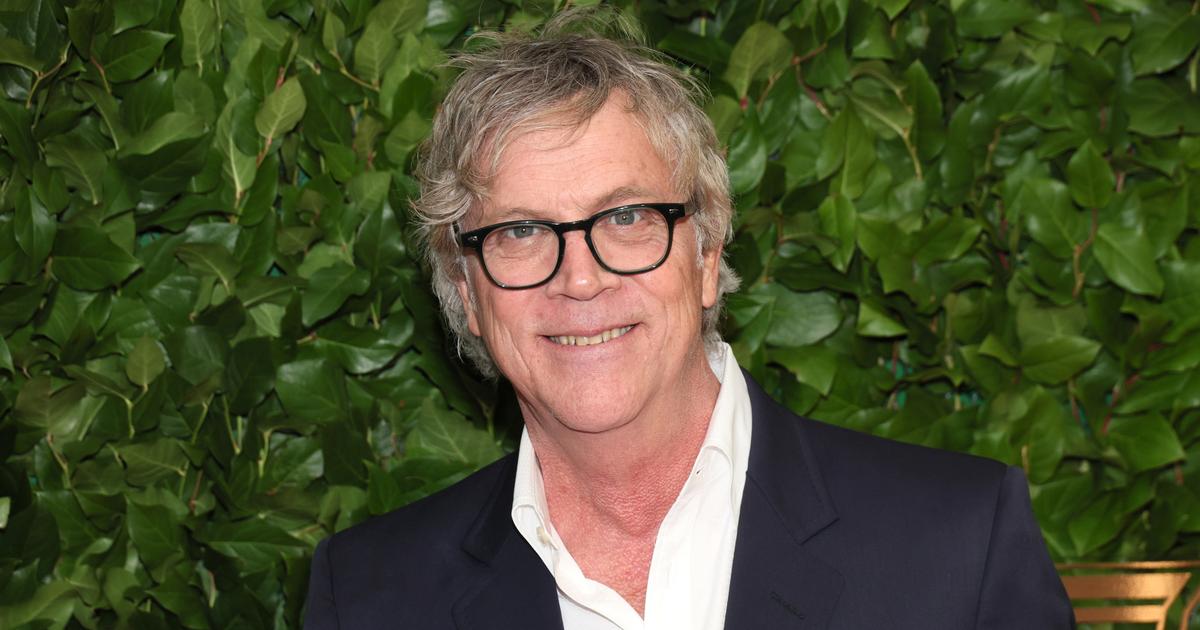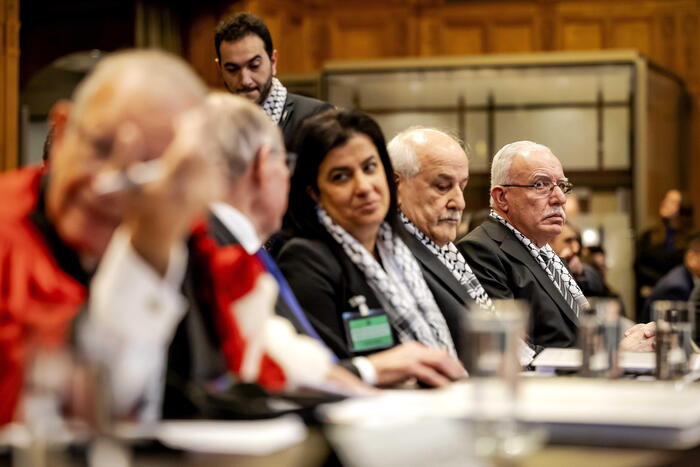Like a fault to be corrected.
This is what the Constitutional Council demands, which this Friday censored article 4 of the law on confidence in justice, passed on November 18.
This article provides, in the organic law of this legislative project, that the hearings of the Court of Justice of the Republic (CJR) be systematically filmed, as well as the possibility, in the future, of filming the hearings of common law. - civil, criminal, economic and administrative justice - for "
a reason of public interest of an educational, informative, cultural or scientific nature"
.
Read also
Lawyers demand guarantees on professional secrecy
However the Sages of the Montpensier Gallery - that the Prime Minister must obligatorily seize for any organic law - considered having to censor the widening of these recordings because "
of the mention" of right ", not making it possible to determine the conditions and modalities of this recording,
they insist
. Thus, the Council cannot, as it stands, ensure that such a recording can ensure respect for the right to privacy and the principle of the presumption of innocence,
”they say. However, it is not opposed to its principle.
Throughout the parliamentary discussions, the device which, at the start, provided for the possibility of capturing audiences indiscriminately, was gradually refined to be more motivated in the general text.
Likewise, the law provides that the broadcast can only be done on the public service, and once the case has been definitively judged.
A small revolution
But the legislator failed to do the same in the organic law which governs the organization of the judicial power and the CJR.
It is this lack of coordination between the texts that the Constitutional Council intends to correct.
Although revised downwards, compared to the initial ambitions of Eric Dupond-Moretti, the filmed capture of justice in action marks a small revolution for the world of justice since, since 1955, the legislator, in the name of respect for privacy, the presumption of innocence and the serenity of the debates, had precluded this possibility.
With very rare exceptions, such as the Barbie trial or those of the 2015 terrorist attacks.
To read also
Hervé Lehman: "Defending the professional secrecy of lawyers is not a simple corporatism"
In December 2019, the Constitutional Council confirmed this ban after the filing of a priority question of constitutionality. On Friday, in its decision, the high court took note of the legislator's desire to relax the framework so that justice is more visible to citizens. Being seized only of the organic law, and not of the ordinary one, it did not have to rule on the constitutional value of the new device. This will have to wait for the first priority questions of constitutionality which will not fail to emerge with the first filmed hearings.
Today, it is with France 2 that the Chancellery is negotiating the framework for these future programs, whether it be their position in the program schedule or their contextualization surrounding their broadcast.
There is little chance, however, of finding the big sensational assize trials in prime time.
On the other hand, the law also provides for the possibility of live broadcasting of the hearings - with the agreement of the parties - before the Court of Cassation or the Council of State.
This is already the case before the Constitutional Council on the internet.

